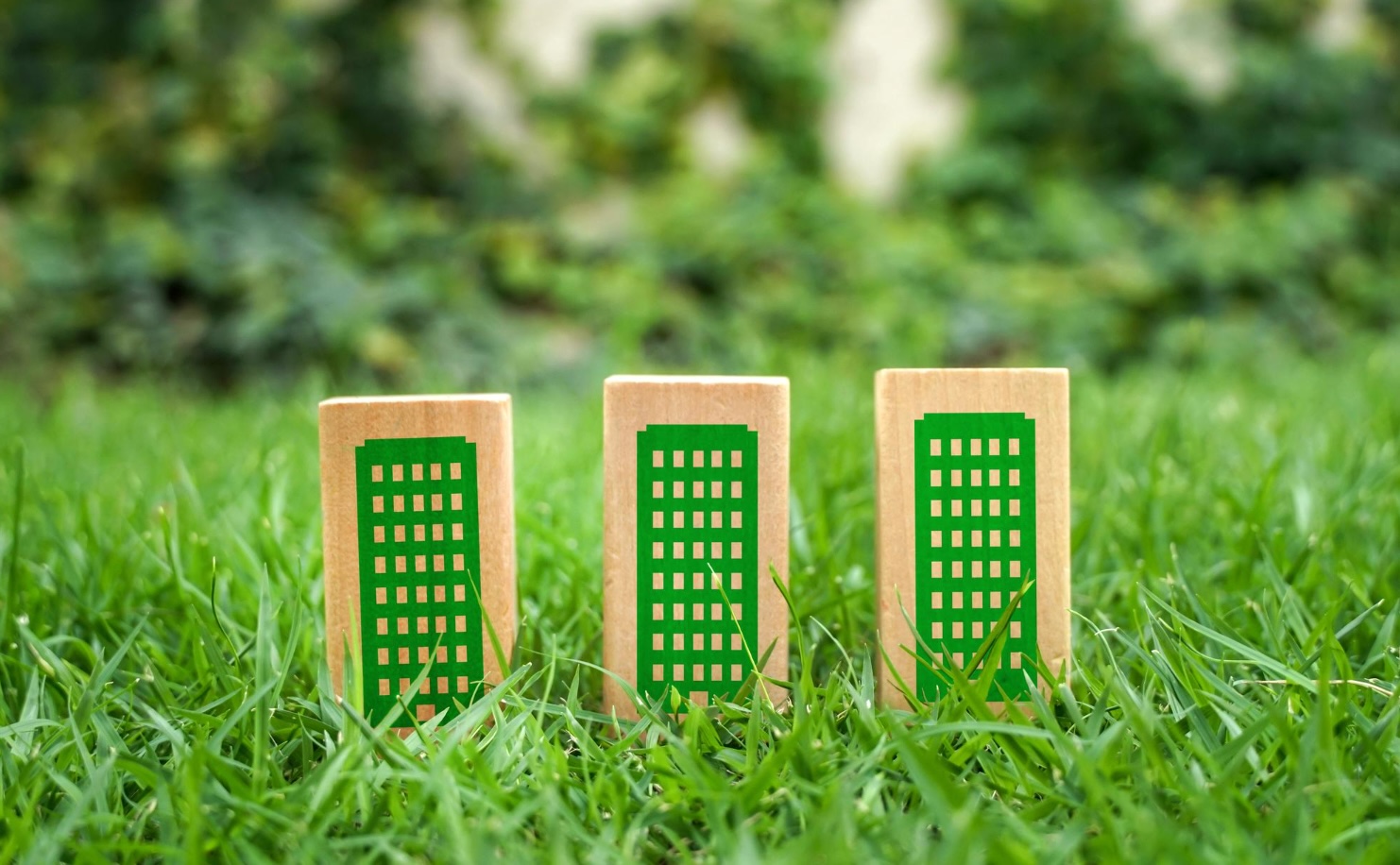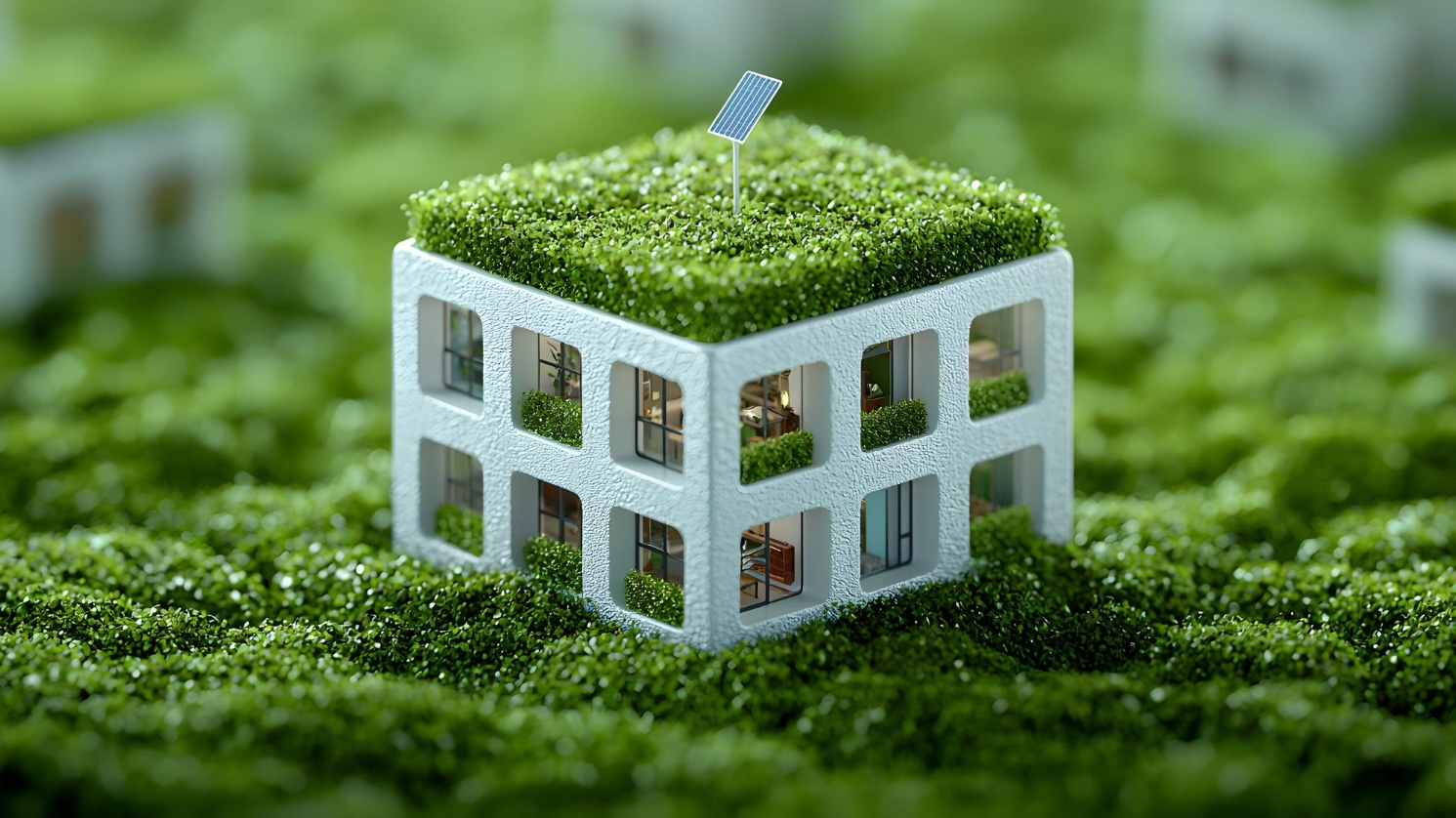The 2025 update to the European Green Deal brings significant changes for the real estate sector and urban regeneration policies. The new strategic package places greater emphasis on energy efficiency, the reuse of existing building stock, and sustainable urban planning. The aim is to align the built environment with the goals of decarbonization, resource optimization, and circular economy.
Key Measures Affecting Real Estate and Urban Redevelopment:
-
Stricter Energy Standards for Buildings
New EU directives raise minimum energy performance requirements for both new constructions and major renovations. Public and private buildings will be subject to tighter energy class targets, with a clear roadmap to reduce the environmental impact of the entire real estate portfolio across member states.
-
Incentives for Redevelopment over New Construction
Urban regeneration is promoted as a priority over greenfield development. Tax benefits, funding programs, and regulatory simplifications will be available to support the recovery and transformation of disused properties and areas—especially in city centers and suburban zones with underutilized infrastructure.
-
Promotion of Modular and Reversible Architecture
Flexibility and circularity in construction are encouraged through support for modular, dismantlable buildings that can adapt to new uses over time. This also includes the reuse of building materials, aligning with the principles of the circular economy.
-
Digital Tools for Sustainable Planning
The 2025 Green Deal package provides funding and guidelines for the use of digital twins, GIS systems, and sustainability modeling to plan and monitor urban transformation with precision. These tools will be key in maximizing environmental and economic impact.
-
Auction and Second-Hand Market Opportunities
As a result of the push toward reuse and efficiency, real estate auctions—especially those involving industrial or disused properties—may become strategic channels for investors and public entities aiming to implement green urban redevelopment. Platforms like Gobidreal.it can thus serve as valuable tools for accessing redevelopment assets at competitive starting prices.
The Role of Digital Technology in the Real Estate Transition
The EU plans to enhance digital platforms for monitoring the energy performance of buildings. This will facilitate data collection, improve transparency, and allow for better comparison between assets on the market—both in the residential and commercial sectors.
The EU’s strategic sustainability package compels the real estate sector to evolve toward more efficient, smart, and circular models. It’s a challenge that turns into an opportunity for those investing in innovation and the enhancement of the built environment.
Correlated Articles
Find our news

Get the most out of your assets.
Discover how to transform your
real estate into financial resources.



